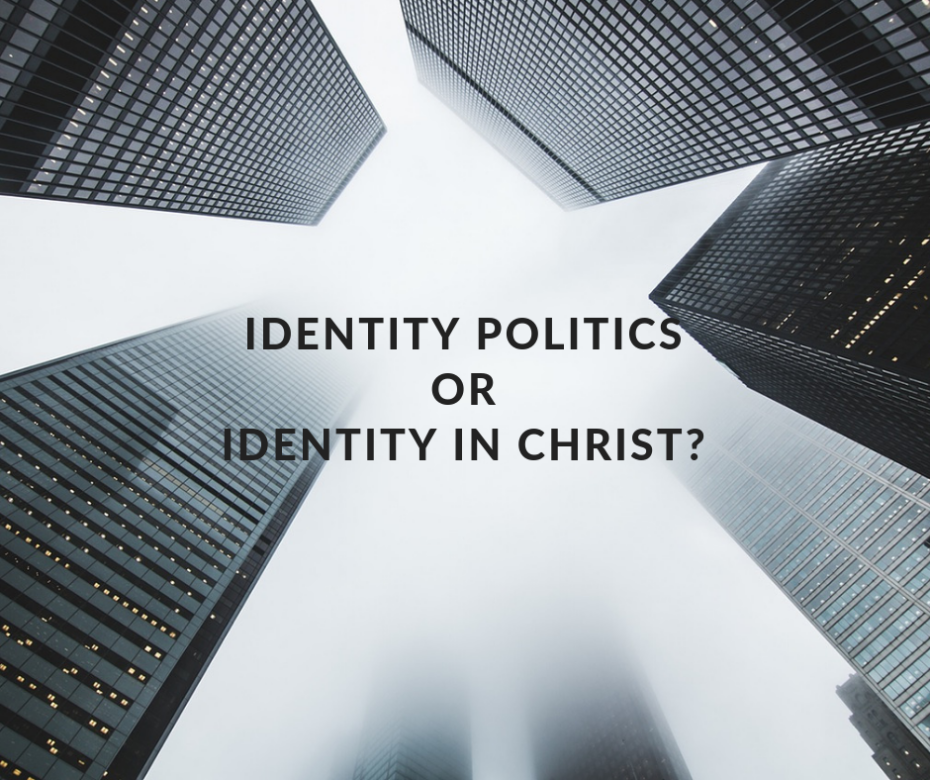Although we’re told that belief in God is on the wane in Western society, I think one of the oldest forms of religion is on the rise, i.e., State worship. The ancients worshipped the Pharaohs, Caesars, chieftains, and emperors as divine. Isn’t that how most young people see the State? Instead of looking to God for their daily bread, “secular” young people look to the State for personhood, education, employment, protection, healing, welfare, and retirement. The State is supposed to care for you from the cradle to the grave. For them, the State has the absolute authority to define and control rights, freedoms, personhood, marriage, and sexual morality. All of society is subordinate to the State.
One thing you may have noticed is that identity politics is very prominent right now.
Instead of appealing to individuals, politicians appeal to collectives, that is, to specific groups—whether racial, ethnic, linguistic, sexual and so on, especially those that are thought to have some kind of grievance against others. Being part of a so-called “marginalized” group gives you the status of being a persecuted minority, which somewhat translates into having the moral high-ground against the perceived majority.
One politician was recently called out for trading on her supposed Native American ancestry, which later turned out to be false.
People want to belong to a favored group so that they can feel vindicated and get special favors from the government.
What does the doctrine of justification have to do with that? In the “Editor’s Introduction” to Justification Is for Preaching, Virgil Thompson says this:
“When we lose our faith in the justifying Word of God then we are bound to justify ourselves over against our neighbors and over against God. Thus, yet another round of strife is provoked, human against human against God. Our differences—sexual, political, and economic—become the occasion and the means by which we seek to determine who will justifiably lord it over whom” (Justification Is for Preaching, p. 2).
In other words, Thompson sees identity politics as an expression of salvation-by-works! People aren’t thinking of heavenly salvation, of course, but it is that same salvation-by-works mindset. On that scheme, what justifies you before the State and society? Your identity as part of this or that victim group. If you belong to the right group, you can wield political power over others.
But that perspective changes, or should change, for the believer.
When you believe in justification by faith apart from works, you find your identity in Christ, not in politics, ethnicity, or sexual orientation (depraved or otherwise). You adopt a Messianic view of Jesus, instead of a Messianic view of the State. You are freed to view the government as a useful creaturely tool established by God, and limited by God, to act for our benefit, within a certain sphere (Romans 13). And most importantly, you can look at other people, not as political enemies, but as neighbors—people to love with the same love Jesus showed you.


